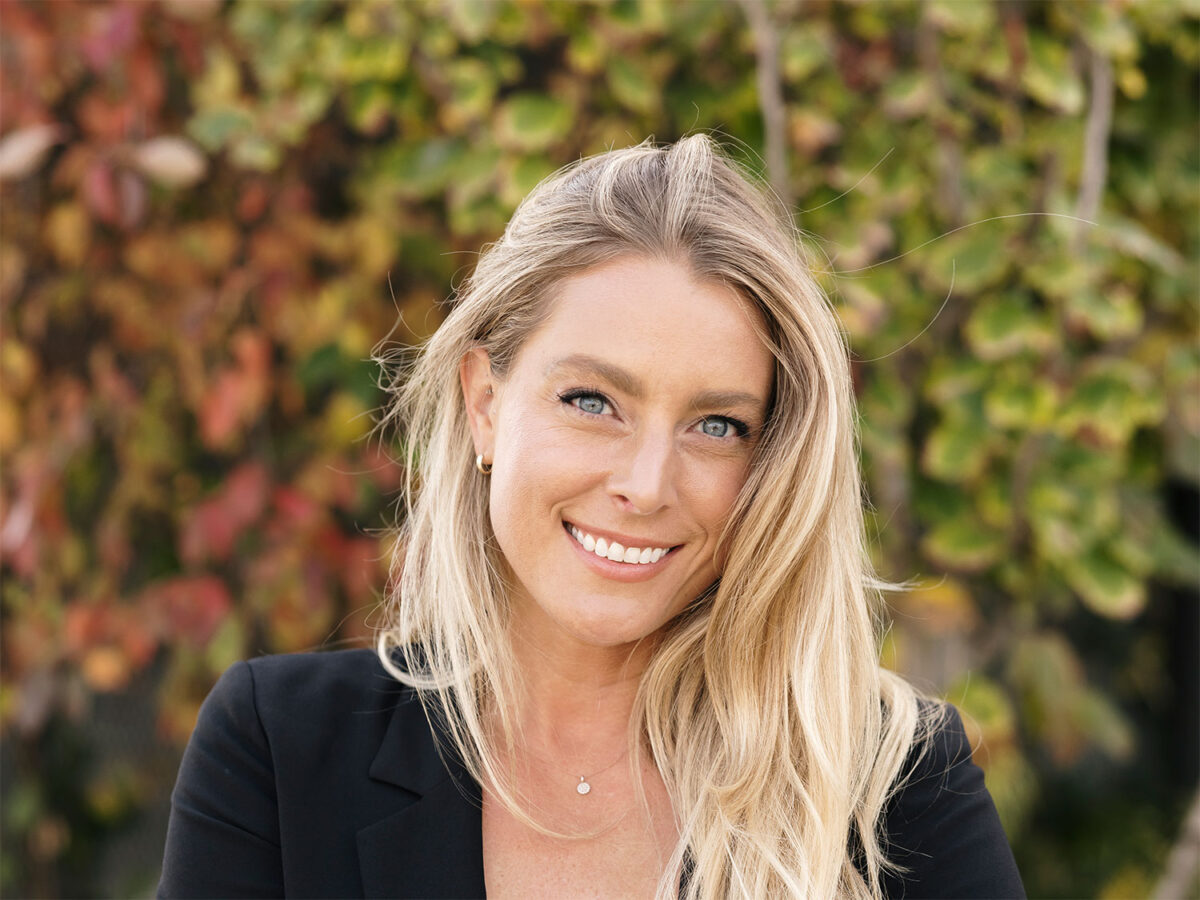From Celine Dion’s electrifying performance at the Paris Olympics stepping beyond her early retirement to the energizing decision by President Joe Biden to step aside, it was quite a week. These two examples demonstrate the great variety of experiences that can accompany this major life transition. Wherever you, a friend, colleague or family member are on the journey, here are a few points to ponder.
Financial Considerations:
Financial security is key to retiring optimally. Plan ahead by spending, saving and investing wisely and you are never too young to start. Compounding interest works! Engage with a financial advisor early and create a retirement plan that includes not just day-to-day expenses but also healthcare costs, travel, hobbies, grandparenting responsibilities and any unforeseen circumstances. “Die With Zero” by Bill Perkins gives a useful overview of financial goals of each decade.
Many people choose to work long after they have achieved financial independence. The National Health and Retirement Study showed that one-third of those working at ages 62 to 70 can afford to retire but choose not to.
Time Management:
Another big change with retirement is increased unstructured time. For some, this is a gift as they seek more time for hobbies, socializing or grandparenting. For others, it can be a source of stress and can take months or years to adapt to the lack of routine. Thoughtful planning can help avoid the pitfall of too much time on your hands. Adding new friends and interests in the years leading up to retirement can help smooth the way and make the prospect of retirement more appealing. Whether it’s learning a musical instrument, gardening, painting or volunteering, find activities that spark joy. Lifelong learning through classes, workshops and clubs can also be fulfilling, keeping your mind sharp and providing a way to meet new people with similar interests. We stimulate our brain most when we try something new. So don’t be afraid to try and not be good right off the bat. Remember, it’s not work so have fun and follow your bliss. For many, it may be the first time in their life to experience this type of freedom.
Physical and Mental Health:
As we age, our ability to cope with biological stressors declines. We inevitably need more time for self-care and to attend to medical visits both for prevention and the ailments that are more likely to crop up. Having time to exercise regularly, eat well and rest as we age can make our later years much easier to traverse.
Social Connections:
Our relationships are critical to emotional health and happiness at all ages and in retirement we may need extra time and effort to cultivate. Maintaining existing friendships and building new ones can prevent feelings of isolation and loneliness that can accompany retirement. Strong social networks provide emotional support, increase feelings of belonging, enhance quality of life and have even been shown to increase longevity.
Technology can also be a great way to stay connected with family and friends, especially if they are geographically distant. Of course, tech is no substitute for in person and 60% percent of retirees express a desire to travel more. In fact, a survey by the Transamerica Center for Retirement Studies found travel to be the most common activity that people dream of after they stop working.
Purpose:
Transitioning out of work can leave a void if you have derived much satisfaction and meaning from employment. Planning ahead and finding alternative ways to feel relevant and connected can help mitigate the loss. Learning to see your value by contributing in other ways is an opportunity for growth that we miss if we stay at work our whole lives.
Many retirees find fulfillment in giving back to their communities through volunteer work and about one in four volunteer on a regular basis. Volunteering provides a sense of purpose and can be highly rewarding. Whether it’s mentoring young professionals, participating in passion projects, or helping a neighbor or friend, there are countless opportunities to make a difference. Volunteering not only benefits the community but also enriches the retiree’s life, providing a sense of accomplishment and connection. Try it and see if you experience what has been called “Giver’s Gain” or “Helper’s High.”
Think about legacy and what you wish to leave behind. This can involve documenting family history, writing memoirs or creating photo albums. It can also mean contributing to causes you care about through charitable donations, volunteering or finally finding time to write the novel you have always dreamt about.
Adaptability:
Retirement, like any life stage, comes with its challenges. Being adaptable and open to new experiences is crucial. Embrace the changes that will inevitably involve health adjustments, lifestyle modifications, shifting family dynamics and an altered financial landscape. Flexibility and a positive attitude can turn these challenges into opportunities for expansion. Preparing in advance by reading and speaking with friends and professionals can help make the transition more graceful. Like any big change, the process takes two to three years to traverse so be patient with yourself as there are bound to be ups and downs. Do your best to remain optimistic that there is always more fun, learning and creativity to come as retirement can be the best years of one’s life.
“Often when you think you’re at the end of something, you’re at the beginning of something else.”
-Fred Rogers
Beverly Hills Courier columnist Dr. Eva Ritvo is a psychiatrist with more than 30 years’ experience practicing in Miami Beach. She is the author of “Bekindr-The Transformative Power of Kindness” and the founder of the Bekindr Global Initiative, a movement to bring more kindness in the world. She is the co-author of “The Beauty Prescription” and “The Concise Guide to Marriage and Family Therapy.” She is also the co-founder of the Bold Beauty Project, a nonprofit that pairs women with disabilities with award-winning photographers creating art exhibitions to raise awareness. Dr. Ritvo received her undergraduate and medical degrees from UCLA, and psychiatry residency training at Weill Cornell Medicine.







